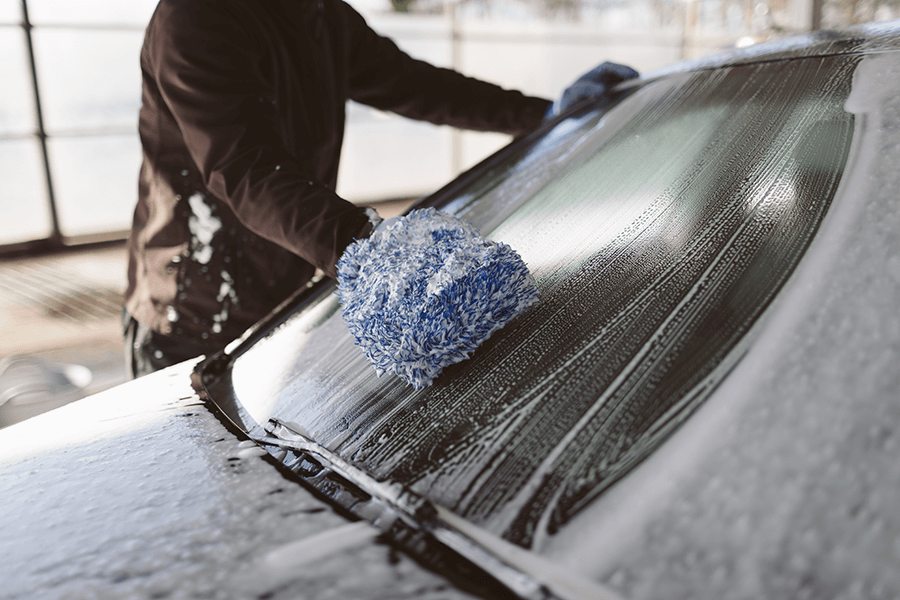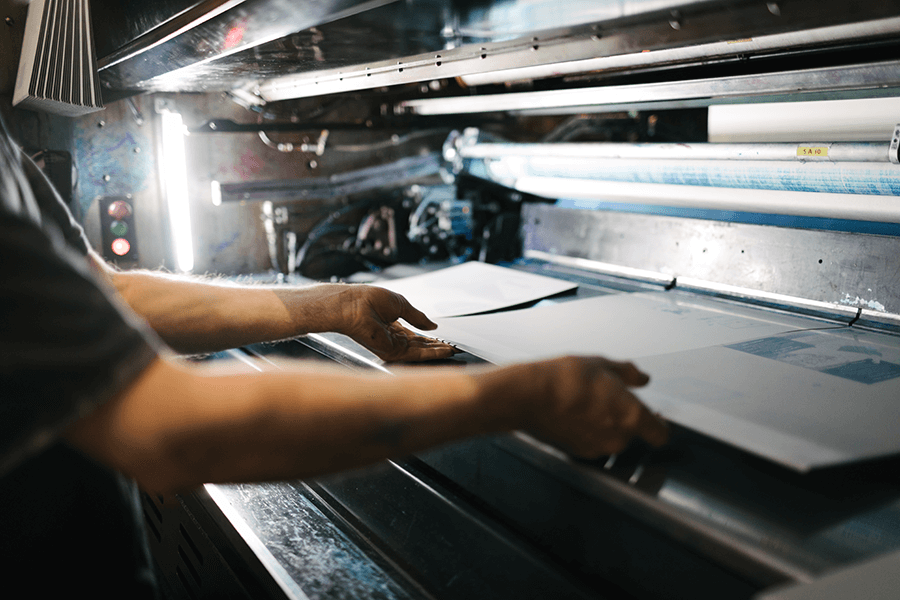Anything that is not classified as domestic waste, or that is discharged in large volumes or is contaminated – for example, waste from chemical toilets, launderettes and dry cleaners, car washes, commercial food and drink manufacturers, or municipal and commercial swimming pools – is trade effluent.
Discharging trade effluent without consent is a criminal offence.
When it comes to trade effluent, the primary concerns are the safety of the environment and the health of staff. If your organisation produces high volumes of effluent, or waste that is contaminated, you must ensure that the sewerage network is able to take the volume and treat the waste by obtaining trade effluent consent.

A licence will define the nature of the discharge that is covered by the consent and will detail any restrictions you must follow. Samples of discharge will be taken on a regular basis to ensure that compliance is maintained.
Unlike domestic sewerage, trade effluent is highly variable in terms of volume and contamination strength. It is therefore necessary to regulate this wastewater to ensure the sewerage network can adequately handle and treat the waste. This is to protect the health and safety of staff and to protect the environment.
To regulate trade effluent, businesses are provided with a licence, or discharge consent. The licence defines the nature of the allowable discharge and establishes any restrictions. Samples of the trade effluent discharge are taken regularly to ensure the customer is complying with the terms of their consent.
It is a criminal offence to discharge trade effluent waste without a consent.

Unlike sewerage, trade effluent charges relate to the contamination strength. Further information on these rates can be found in our Scheme of Charges. Many customers will find their trade effluent rate to be lower than their sewerage rate.
In addition, there are fixed fees for consent applications, and any additional waste sampling requested by the customer.
The volumetric rate (£ / m3) is calculated according to the Mogden formula. This says that the overall charge is the sum of rate components corresponding to different parts of the effluent treatment process. These are:
Primary treatment and reception and convoy are independent of the amount of contamination, and the other charges are proportional to the concentration of contaminants. Trade effluent goes through the same treatment processes as sewerage, and subsequently the sewerage rate includes these same charge components, but on a non-variable basis.
Businesses’ that do not need consent are those that produce only waste that’s classified as domestic sewage. This covers most SMEs that only generate wastewater through kitchens, bathrooms and toilet facilities, such as restaurants, pubs, cafés, hotels, offices and shops.
It surprises some people that most hairdressing salons do not need trade effluent consent even though they use chemicals on a daily basis. However, the nature of the chemicals used means the risks are low, so it is treated as domestic wastewater.
As you’d expect from something that uses such a large amount of water and chemicals, municipal and commercial swimming pools do require trade effluent consent. However, not all swimming pools require this – domestic swimming pools are exempt, as are pools in hotels that are for the use of residents only.

Our expertise and market leading technology combine to make the process simple for you.

Full-service support for correct consents and licenses and the application process.

Consistently reliable, hassle-free bills from our market-leading billing platform.

Support and data reporting to help sustainability and environmental targets.
Trade effluent consent is a vital part of wider legislation which protects the environment. It’s illegal to discharge trade effluent without consent and doing so carries the risk of prosecution and fines.